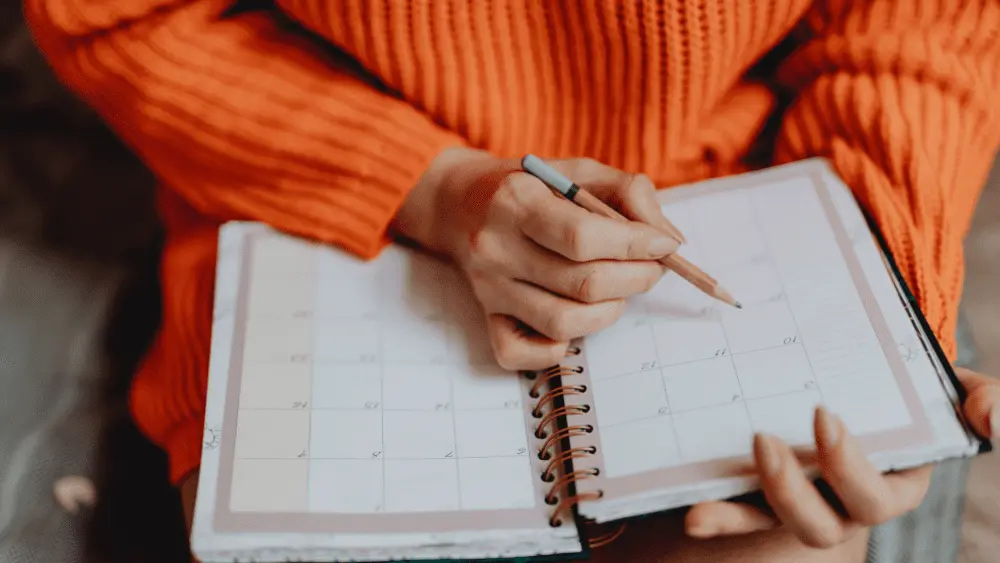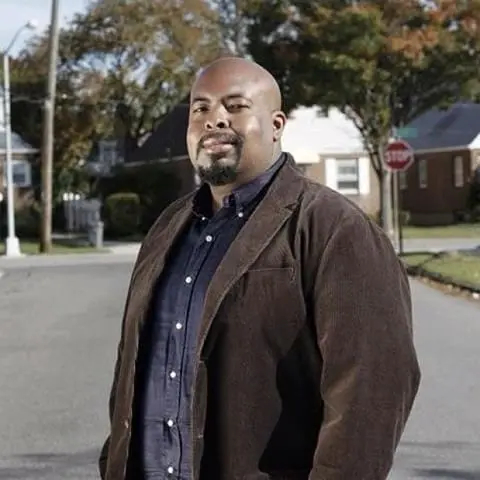
For new homeowners just settling into their place, there’s undoubtedly a sense of relief that comes about after dealing with the million and one things that they’ve had to deal, with from looking for the right home to finding a realtor before getting the keys and settling in. But once the glow wears off, it’s back to having a thorough checklist – and this time, it’s all about what things need to happen while in the home for the first year. It can be easy to miss something, so let’s take a look at what homeowners should set out to accomplish during that time.
Change the Locks
One of the first things to be done is to change all of the locks once you’ve moved in. Make copies of the new keys to give to family members and a trusted neighbor in case any emergency arises.
Review Your Home Inspection Report
The home inspectors’ report should be a go-to guide for homeowners to consult for any repairs or upgrades that they’ll want to pursue in the future. There might be a mix of things to shore up in the short-term and those that might need more planning and time to execute.
Make a Homeowner’s Journal
Every piece of paperwork that’s associated with the home, from insurance paperwork to receipts for any repair work done, should be kept in one place. Purchase a ring binder to put them all in, keeping it handy for any situation you’ll need to refer to them.
Change Your Address
If this wasn’t done already, contact the post office to change your address. That will forward all of the correspondence from your old address to the new one for a few months, and it can be done online. New homeowners should also do the same thing for all of their utilities as well as the other
important accounts like banking and employee benefit information.
Create Your Home Emergency Plan
This should be one of the first things to be put together as soon as you move in. Write down all of the numbers and other information that pertain to law enforcement, the fire department, and poison control in addition to any other local emergency services.
If you’re moving in with a family, draw up your family emergency plan step by step and denote all of the emergency exits in the place, as well as the location of all shut-off valves. Furthermore, test out and check all smoke alarms in the home, as well as carbon monoxide detectors.
Lastly, keep a list of all repairmen handy from plumbers to electricians.
Create an Emergency Budget
Mishaps will arise while you’re a homeowner. With that in mind, it is key that you have some funds set aside for the unexpected. This is referred to as “carrying cost,” and is done in addition to any homeowner’s insurance. Experts suggest having about $2,000 to $3,000 on hand, particularly if obtaining a home warranty isn’t in your immediate plans.
Give Your Home a Thorough Cleaning
Moving into a new home can mean at times that you’re stepping into someone’s former abode. And while you might trust that they’ve done their due diligence to tidy up before moving on, it’s usually a good idea to perform a deep clean throughout the place.
This includes hard to reach areas like up in the attic or other crawlspaces, cleaning appliances like the refrigerator and its coils, as well as any filters such as those for the furnace and all of the carpeting throughout the place.
Set up Seasonal Checklists
With the change of seasons comes different responsibilities to take care of around the home. For the fall and winter months, this can include doing a sweep of the chimney and cleaning out your boiler and furnace. As spring approaches, the list for that season will include tending to the lawns and checking any A/C units installed, along with making sure your rain gutters are clear of debris.
With these tips, the first year of in their new home will give homeowners all of the comfort and less of the stress!

Christopher Smith is a freelance writer when he’s not sampling the best cuisine in his hometown of New York City. Prior to that, he worked in film and television post-production, and counts the honor of working with Eartha Kitt among his milestones.
 6 Ways Downsizing Saves Families Money
6 Ways Downsizing Saves Families Money